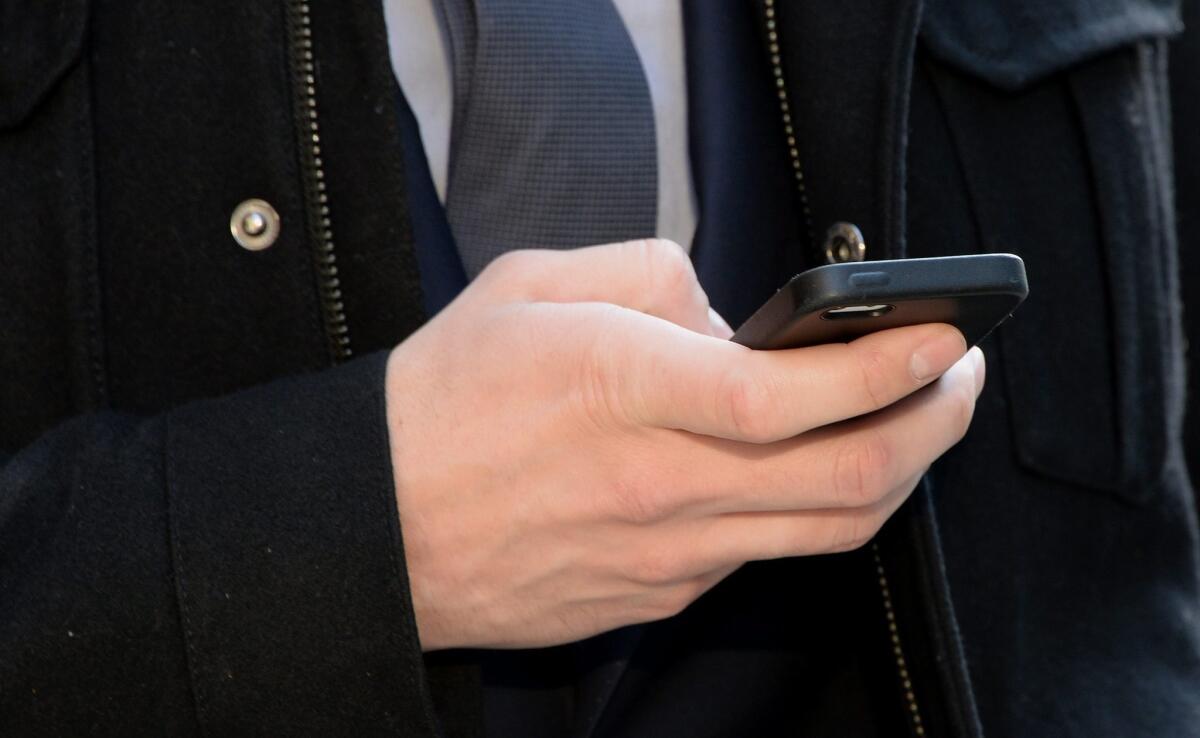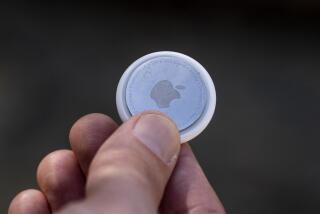No warrant, no search of your cellphone

Forty years ago, when the Supreme Court expanded the right of police to search people they took into custody as well as the possessions they were carrying, the smartphone was the stuff of science fiction. But now that phones contain vast amounts of personal information, the court should rule that cellphone searches require a warrant.
Last week, the justices agreed to review two lower court decisions that came to different conclusions about the privacy of cellphone data. In a California case, a state court upheld the conviction of David Leon Riley, who was initially pulled over because his car had expired tags. After police found guns in the car, they arrested Riley and searched through what one detective called “lots of stuff” on his Samsung smartphone, including a photo showing Riley and another man posing near a car that had been involved in a shooting.
In the other case, the U.S. 1st Circuit Court of Appeals in Boston ruled that police may not conduct warrantless searches of data on cellphones seized from people who have been arrested. The case involved Brima Wurie, whose comparatively primitive flip phone displayed calls from a number identified as “my house.” When police went to the address associated with that number, they found a mailbox labeled with Wurie’s name. After obtaining a warrant, police searched the house and found crack cocaine, marijuana, cash and a firearm.
Police long have been allowed to conduct warrantless searches of people they arrest because of the possibility that a suspect might have a concealed weapon or try to destroy evidence. But in 1973, the Supreme Court unjustifiably held that such searches were legal even when there was no probability that weapons or evidence would be found. The invasion of privacy permitted by that ruling multiplies exponentially when the object searched is a smartphone.
Ideally the court would endorse the 1st Circuit’s holding that warrantless searches of cellphones are always unconstitutional. But the court also could draw a distinction between the search of Wurie’s phone, on which the call register was easily accessed, and the more intrusive search of Riley’s smartphone.
When the framers of the Constitution wrote of the “right of the people to be secure in their persons, houses, papers, and effects against unreasonable searches,” they couldn’t have foreseen that “papers and effects” would be housed in a palm-sized device. But the court should rule that the principle of privacy is the same.
More to Read
A cure for the common opinion
Get thought-provoking perspectives with our weekly newsletter.
You may occasionally receive promotional content from the Los Angeles Times.






